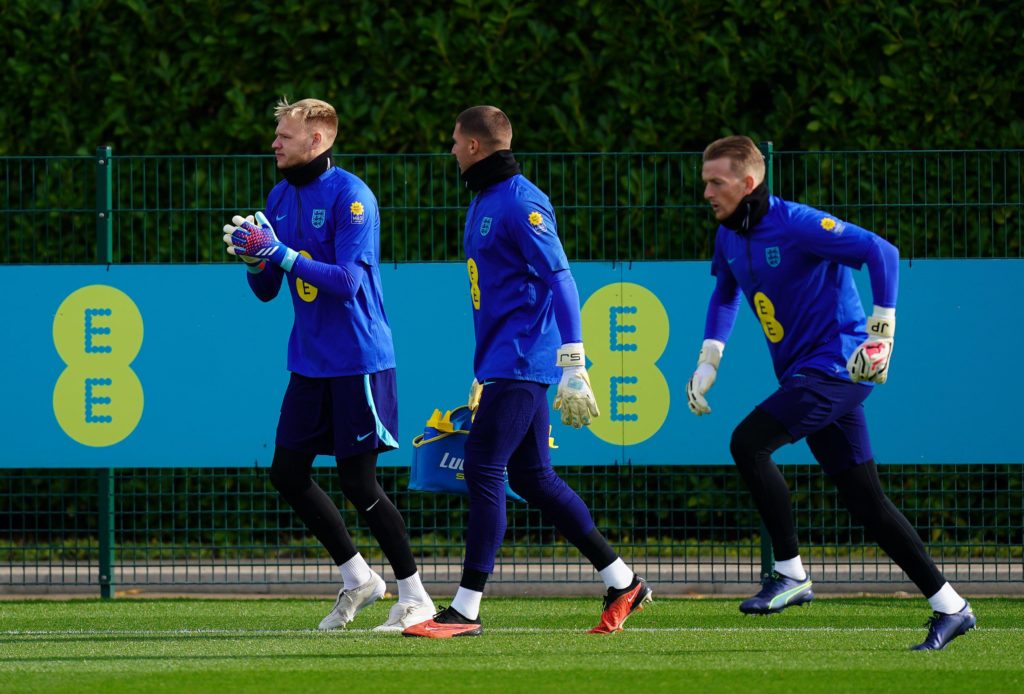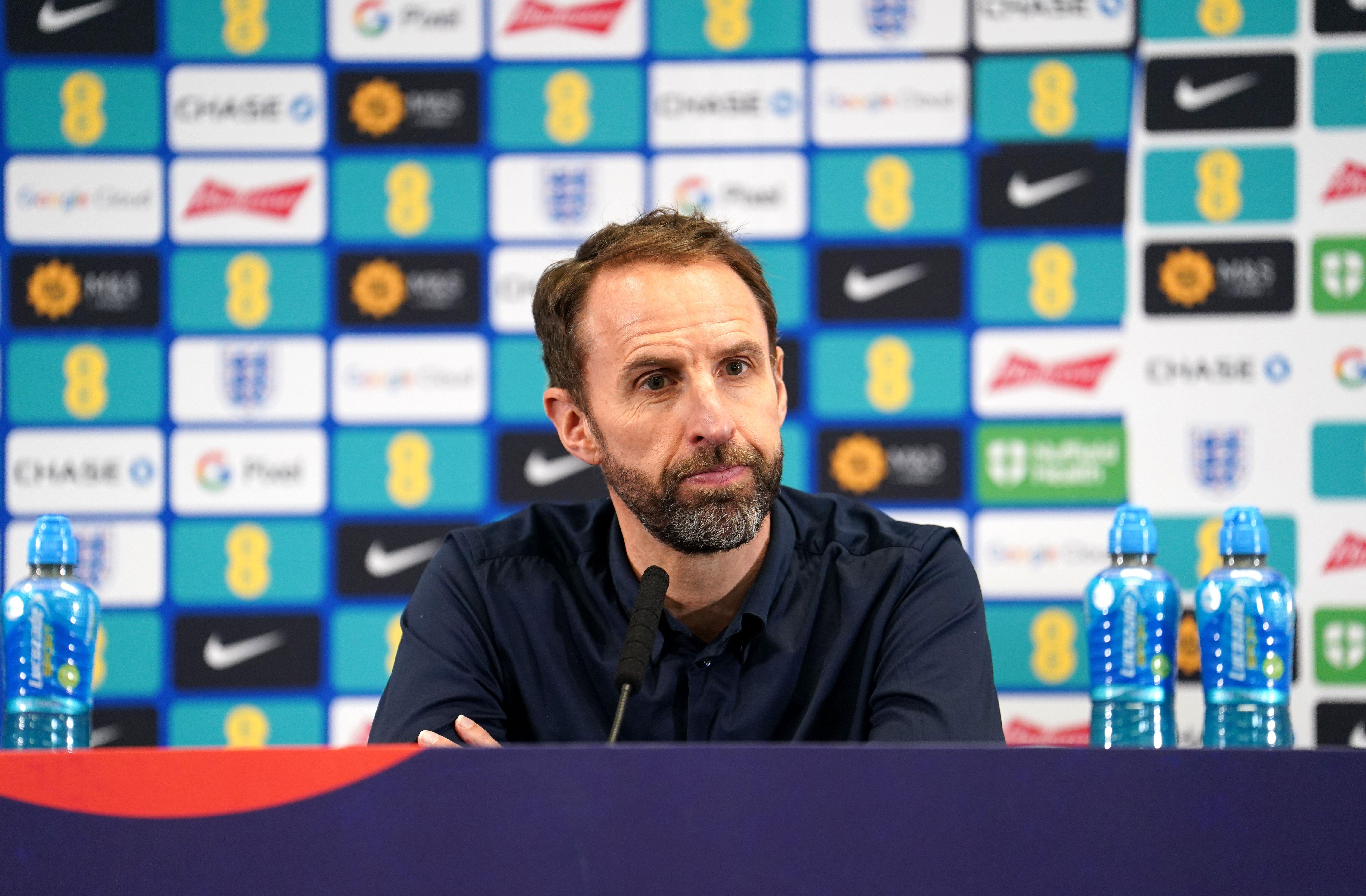Ahead of this summer’s Euro 2024, Gareth Southgate has unveiled his 33-man provisional England squad, providing a glimpse into the talent pool before narrowing it down to 26 players. Notably, high-profile players like Marcus Rashford and Raheem Sterling have been excluded in favour of emerging talents such as Adam Wharton, Eberechi Eze, and Jarrod Bowen, all of whom have honed their skills in the English Football League (EFL).
Utilising data from Transfermarkt, we analysed Southgate’s squad to identify those who have played in the EFL at some stage in their careers. The findings highlight the significance of the EFL in nurturing future stars.

League Two Alumni
Six players in Southgate’s squad have played in League Two, representing 23.08% of the total. Notable among them is Ollie Watkins, who began his career at Exeter City, making his professional debut in the final League Two match of the 2013/14 season. He is joined by goalkeepers Aaron Ramsdale, Dean Henderson, Jordan Pickford, as well as Eberechi Eze.
League One Graduates
8 out of the 26 players 30.77% have experience in League One. This includes England captain Harry Kane, who had a pivotal loan spell at Leyton Orient in 2011. Others include Ivan Toney, Kyle Walker, and Lewis Dunk. Maguire debuted in the EFL with Sheffield United and has since captained Manchester United and represented England at major tournaments.
Championship Contingent

A significant 19 players (73.08%.) have played in the Championship, showing the league's role in developing top-tier talent. This includes the three goalkeepers: Pickford, Ramsdale, and Henderson. Defenders John Stones, Marc Guehi, Ezri Konsa, Joe Gomez, Dunk, Kyle Walker, and Kieran Trippier have also featured in the Championship. Trippier, for instance, made his EFL debut on loan at Barnsley from Manchester City in 2010 and won their Young Player of the Year award in the following season.
Midfielders Conor Gallagher, Adam Wharton, Jude Bellingham, Eze, and Antony Gordon have also played in the Championship.
Wharton, for example, debuted for Blackburn Rovers alongside his brother in a Carabao Cup match in 2022. Eze’s journey saw him move from Queens Park Rangers to Crystal Palace, showcasing the Championship’s role in his development.
Meanwhile, Jarrod Bowen, Harry Kane, Ollie Watkins and Ivan Toney have all also played football in the Championship. Bowen made his name at Hull City, Harry Kane had loan spells at Millwall and Leicester City. Ollie Watkins and Ivan Toney also enjoyed prolific periods in the Championship for Brentford.
Broader Implications
The data reveals that approximately 73.08% of Southgate’s squad have played in the EFL, highlighting the league's crucial role in developing talent for the national team. This statistic shows the importance of the English football pyramid in providing competitive match experience and growth opportunities for young players.
Southgate’s selection also showcases the value of the EFL in shaping the careers of many top players. The blend of seasoned internationals and emerging talents who have navigated the rigours of lower league football promises a well-rounded and resilient squad for Euro 2024.
Methodology
England Squad Call Up
1. Objective
- The objective of this project is to compile and analyse data regarding players from the Championship, League One, and League Two who were considered for call-up to the England squad. Specifically, the project aims to identify which players participated in matches and mark their participation status as either TRUE (played) or FALSE (did not play).
2. Data Collection
- Data collection was carried out in several stages to ensure comprehensive and accurate information:
2.1 Identifying Relevant Players
- Source: The list of potential call-ups was obtained from official announcements by the England national team management.
- Criteria: Only players registered in the Championship, League One, and League Two were included in the dataset.
2.2 Match Participation Data
- Source: transfermarkt.com
3. Data Processing
Data was processed to ensure accuracy and consistency:
A player was marked as:
- TRUE if they played in the match.
- FALSE if they did not play.
4. Data Integration
- The collected data was integrated into a structured format.








